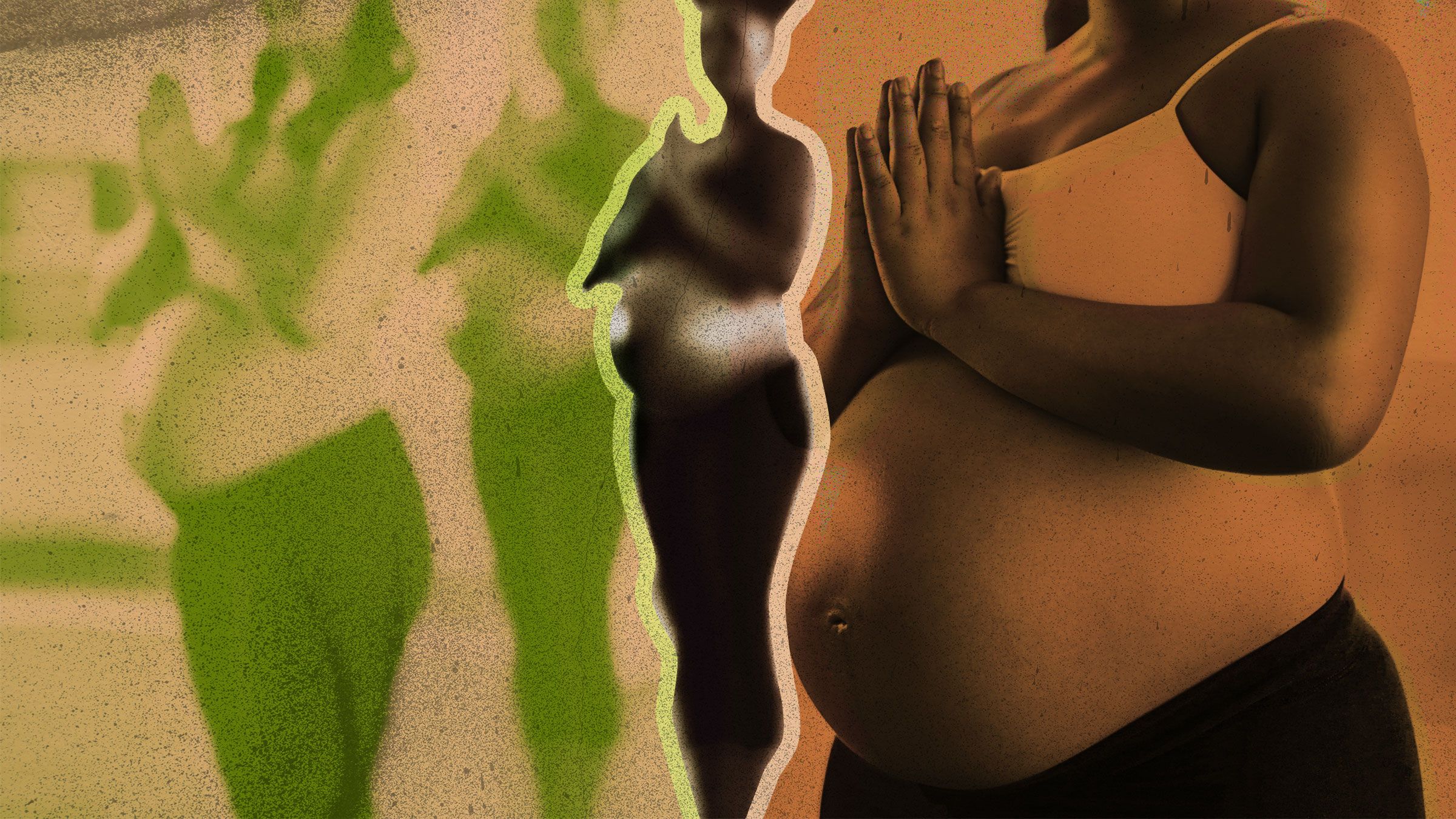Inequality Is a Health Risk—and It’s Getting Worse
Inequality has long been recognized as a social issue, but recent research has shown that it can also be a major health risk. Studies have found that individuals living in areas with high levels of income inequality are more likely to experience a range of health problems, including higher rates of chronic diseases and mental health issues.
One of the reasons for this is that inequalities in access to healthcare and other resources can lead to disparities in health outcomes. People living in poverty, for example, may struggle to afford medical care or healthy food, leading to higher rates of obesity, diabetes, and other chronic conditions.
Additionally, the stress of living in a highly unequal society can have negative effects on mental health. Research has shown that individuals in more unequal societies are more likely to experience anxiety, depression, and other mental health issues.
Unfortunately, inequality is only getting worse in many parts of the world. The gap between the rich and the poor is widening, making it even harder for disadvantaged populations to access the resources they need to stay healthy.
Addressing inequality is therefore crucial not only for social justice reasons but also for public health. Policies that aim to reduce income inequality, improve access to healthcare, and support disadvantaged populations can help to improve the health of entire communities.
By recognizing the link between inequality and health, we can work towards creating a more equitable society where everyone has the opportunity to lead a healthy and fulfilling life.
